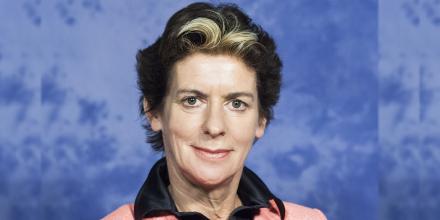The evolving role of multilateralism in ending hunger and malnutrition

Event details
Lecture
Date & time
Venue
Speaker
Contacts
Additional links
Although enough food is being produced to feed everyone on the planet, more than 795 million people remain undernourished. Even as global food production is stepped up to feed an anticipated global population of more than 9 million people by 2050, one third of all currently produced food is lost or wasted. Farmers struggle to maintain a profitable livehood, and are confronted with increasing environmental constraints in the face of climate change and depleted natural resources. In developing countries agriculture employs as much as 60 per cent of the labour force but fewer and fewer see agriculture as a viable career. The problems are well-known. But how can multilateralism help? The year 2015 marks the end of the monitoring period for the Millennium Development Goal (MDG) targets. As the world prepares to adopt the post 2015 Sustainable Development Goals, it is high time to reflect on the necessarily evolving role of multilateralism in ending hunger and malnutrition globally.
In this public lecture, Ms Gerda Verburg - Chair of the UN Committee on World Food Security (CFS) and of the World Economic Forum (WEF) Council on Food Security and Nutrition - looked at the interconnected challenges faced today by the immense variety of actors, and the role global policy convergence can play to positively transform agriculture and food systems and eradicate hunger and malnutrition globally.
This public lecture was presented by The Crawford Fund and the Development Policy Centre at Crawford School of Public Policy, The Australian National University.
Updated: 1 September 2024/Responsible Officer: Crawford Engagement/Page Contact: CAP Web Team











